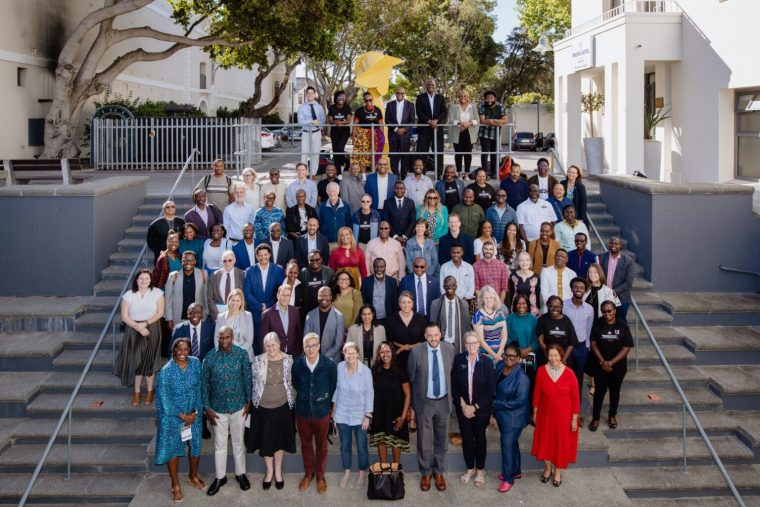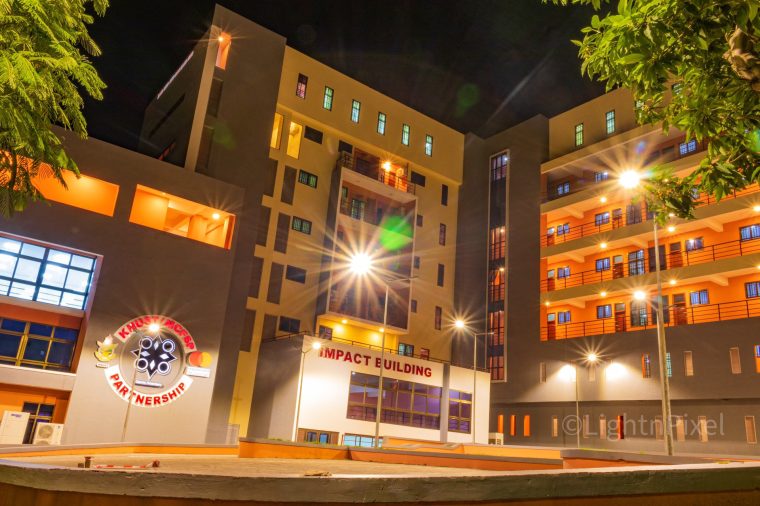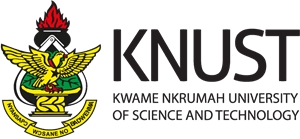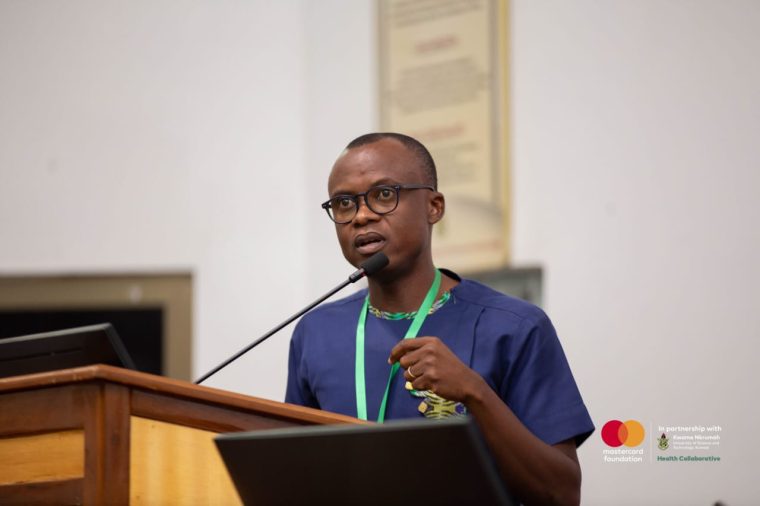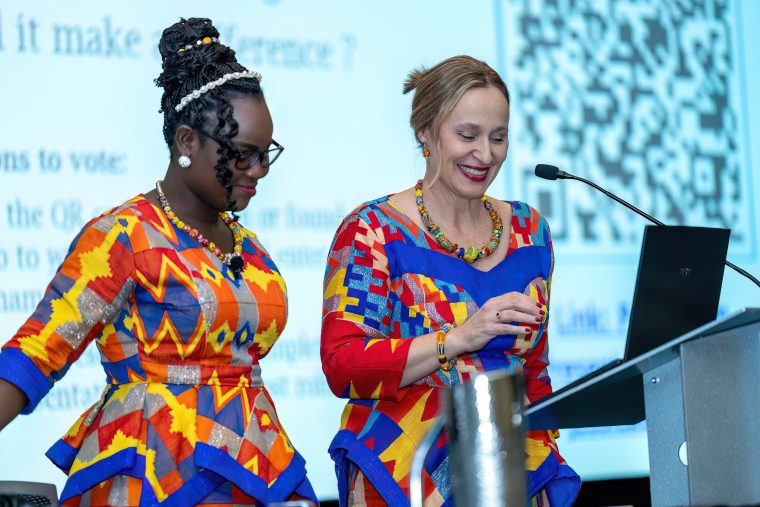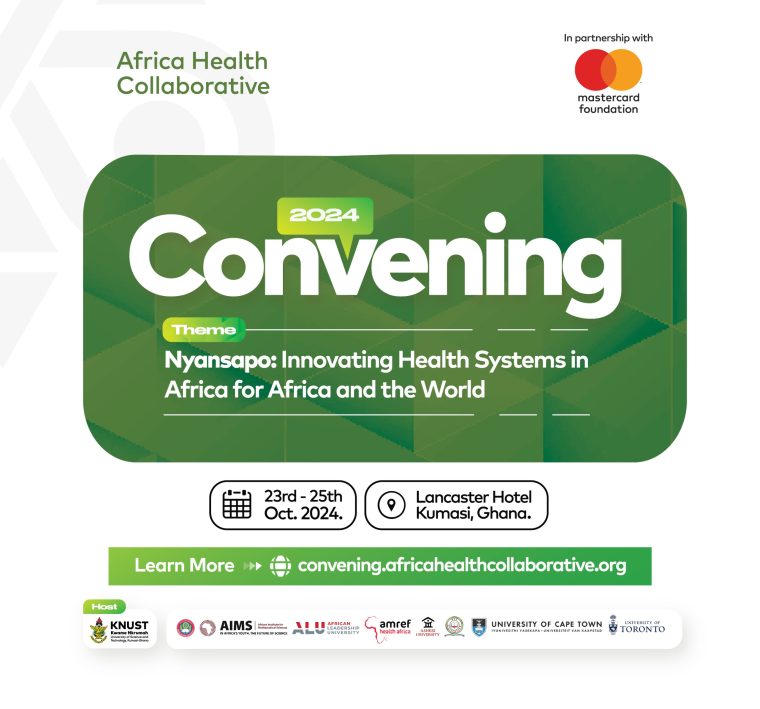Kwame Nkrumah University of Science and Technology (KNUST) was established in 1951 as Kumasi College of Technology. It was officially opened on January 22, 1952 with 200 teacher training students transferred from Achimota College. In October 1952, the School of Engineering and the Department of Commerce were established.
In 1953, a Pharmacy Department was established, and a Department of Agriculture was opened to provide courses for the Ministry of Agriculture. A Department of General Studies was also instituted to prepare students for Higher School Certificate Examinations.
In 1957, the School of Architecture, Town Planning and Building was inaugurated, and its first students were admitted in January 1958. As the college expanded, it was decided to make KNUST a purely science and technology institution. In pursuit of this policy, the Teacher Training College was transferred to Winneba Training College and the Commerce Department was transferred to Achimota.
KNUST is now a leading university in Ghana and offers a wide range of courses in science, technology, engineering, and the humanities. It is a major contributor to the economic and social development of Ghana.
Gallery
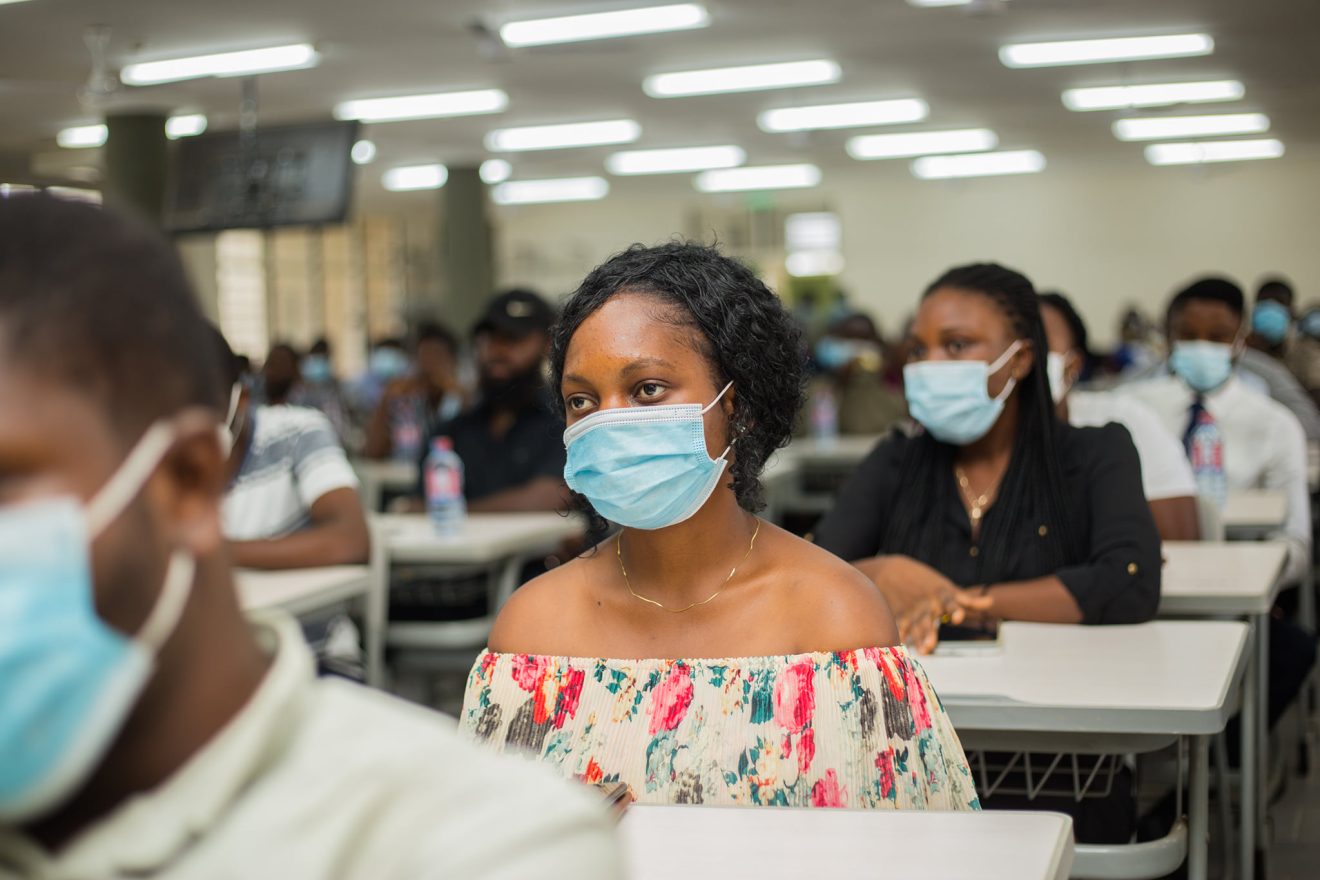
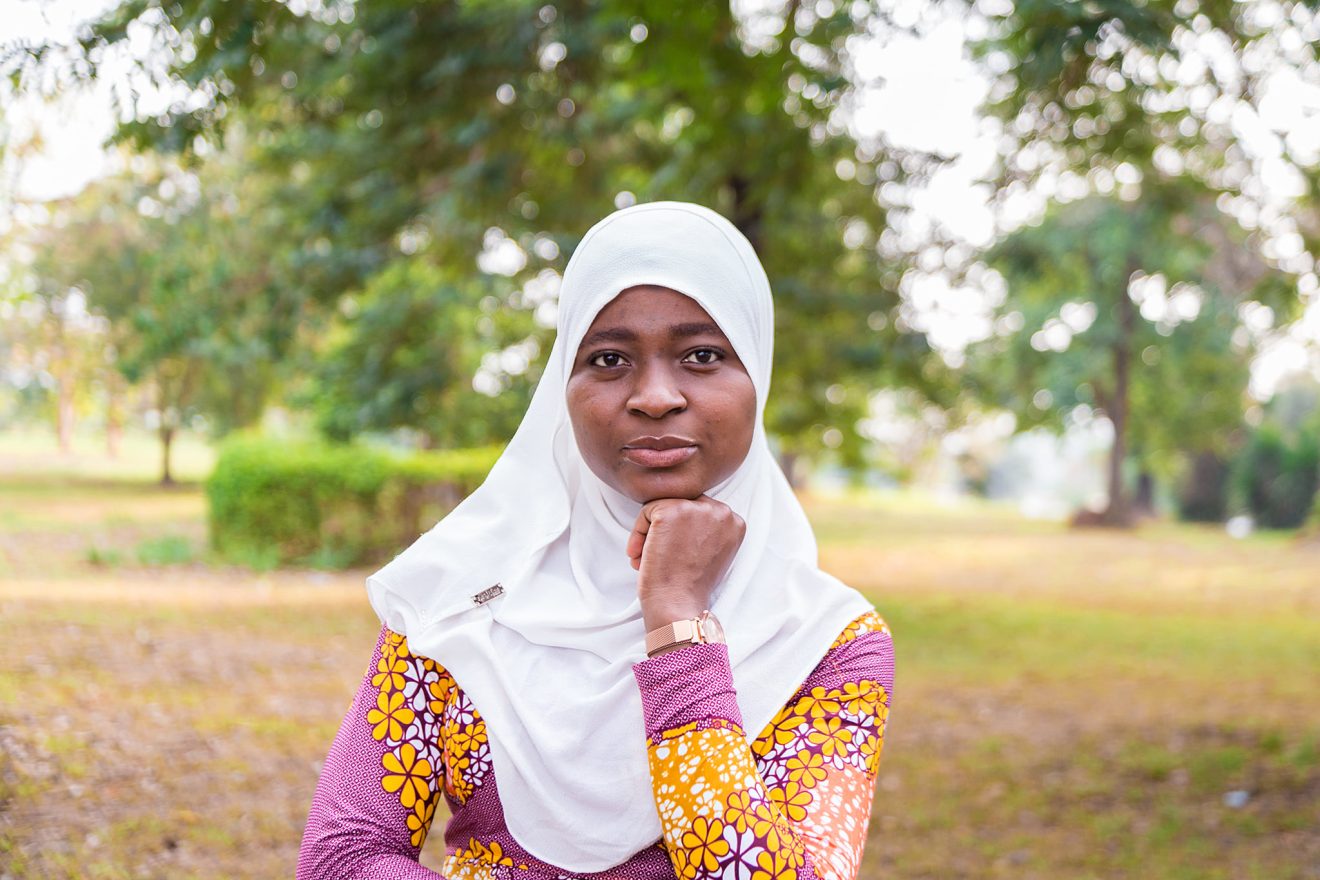




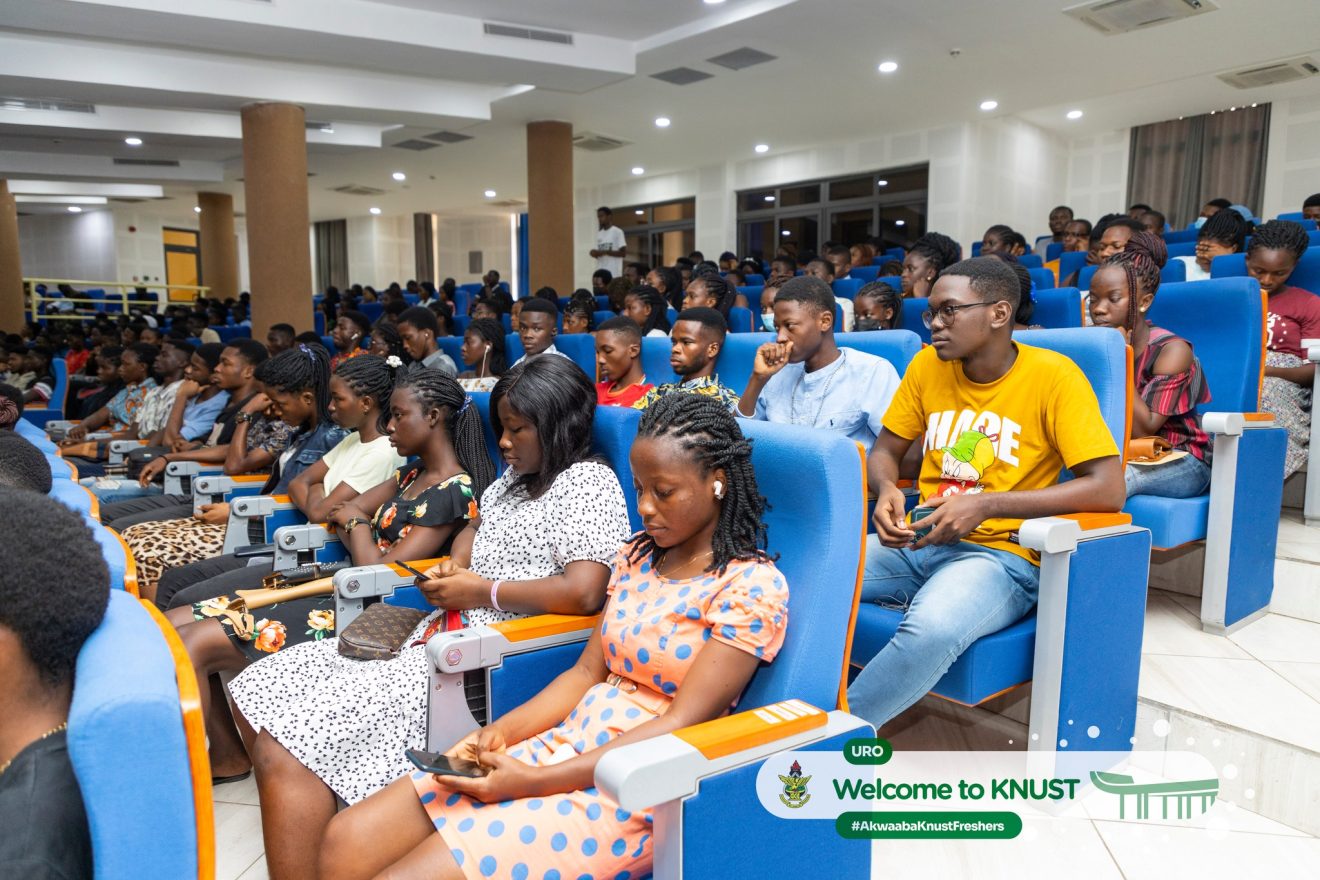

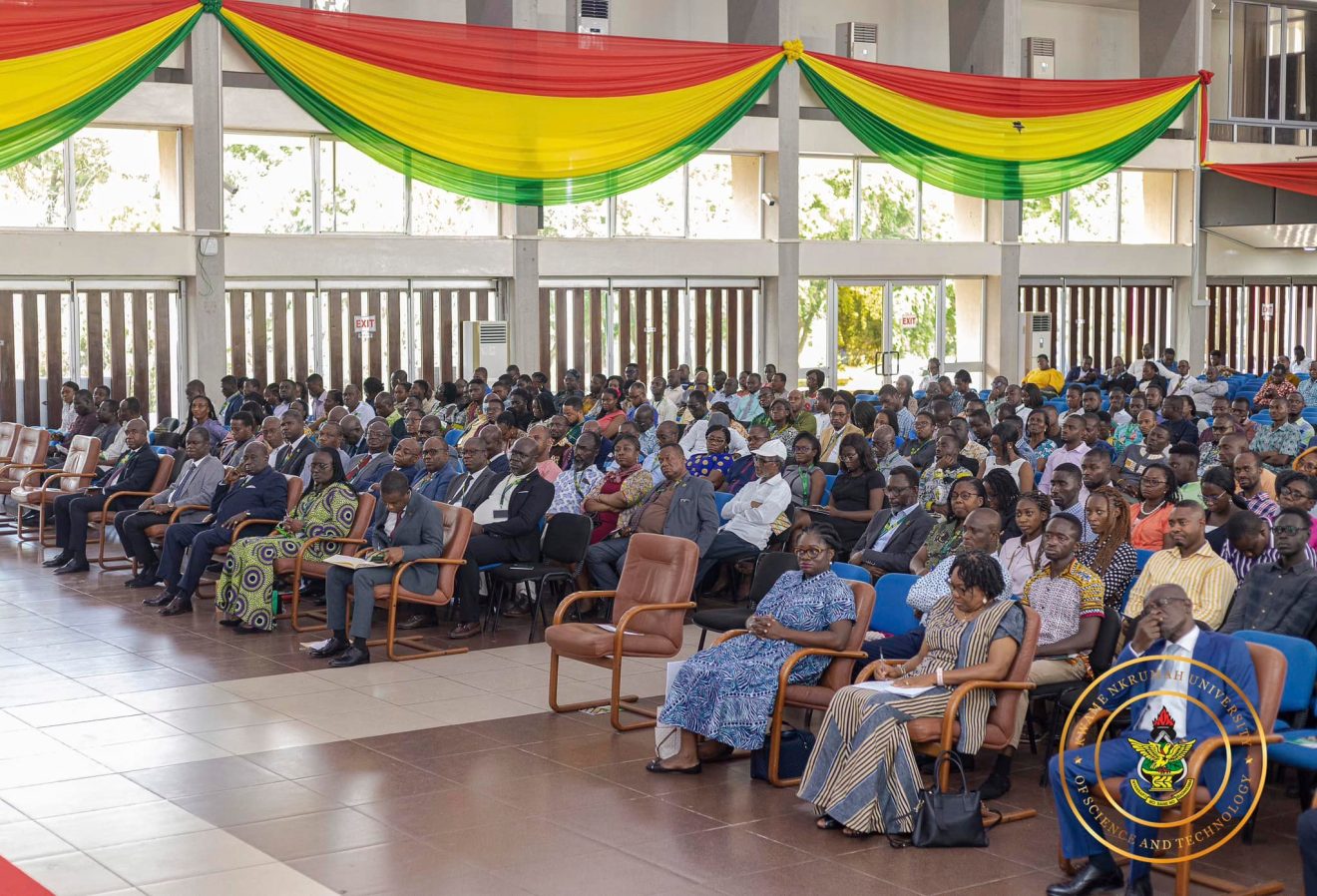
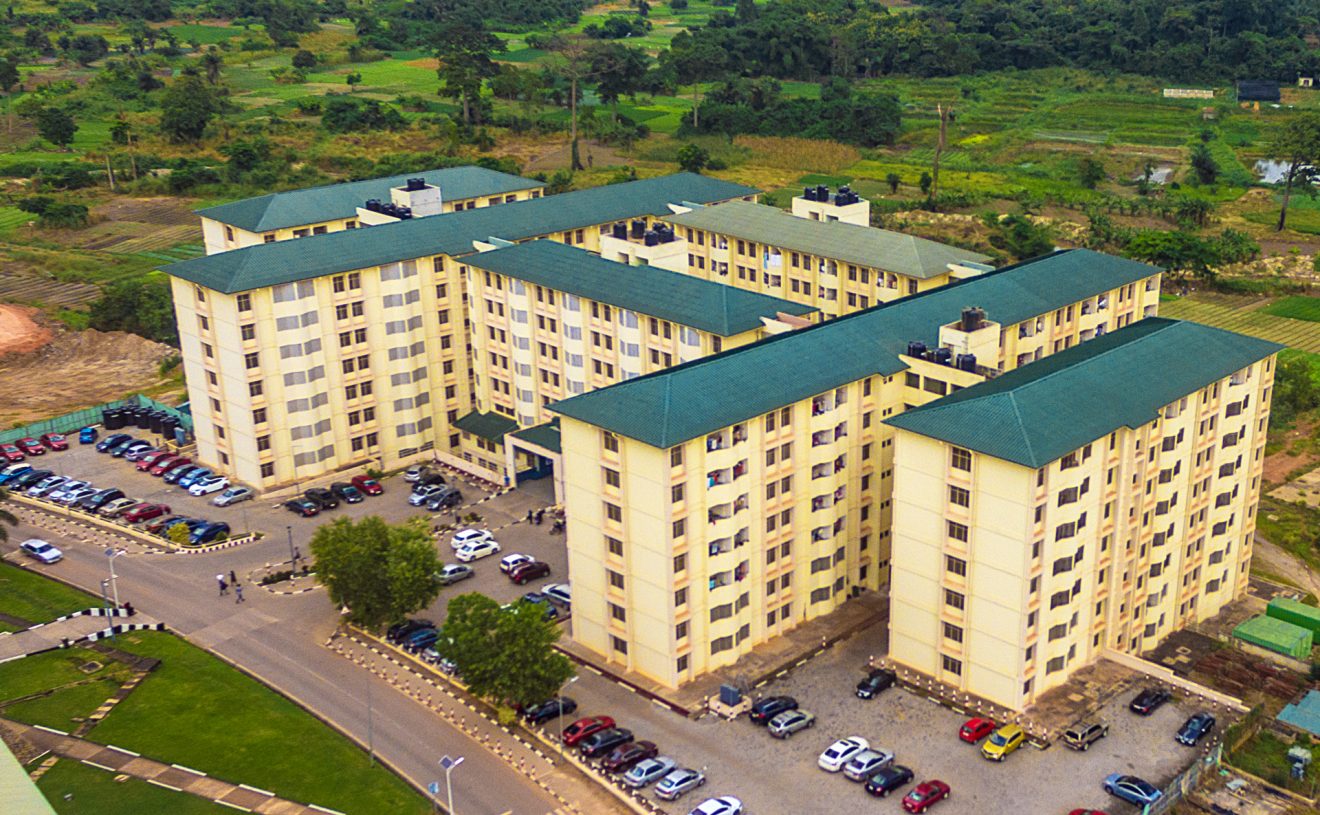
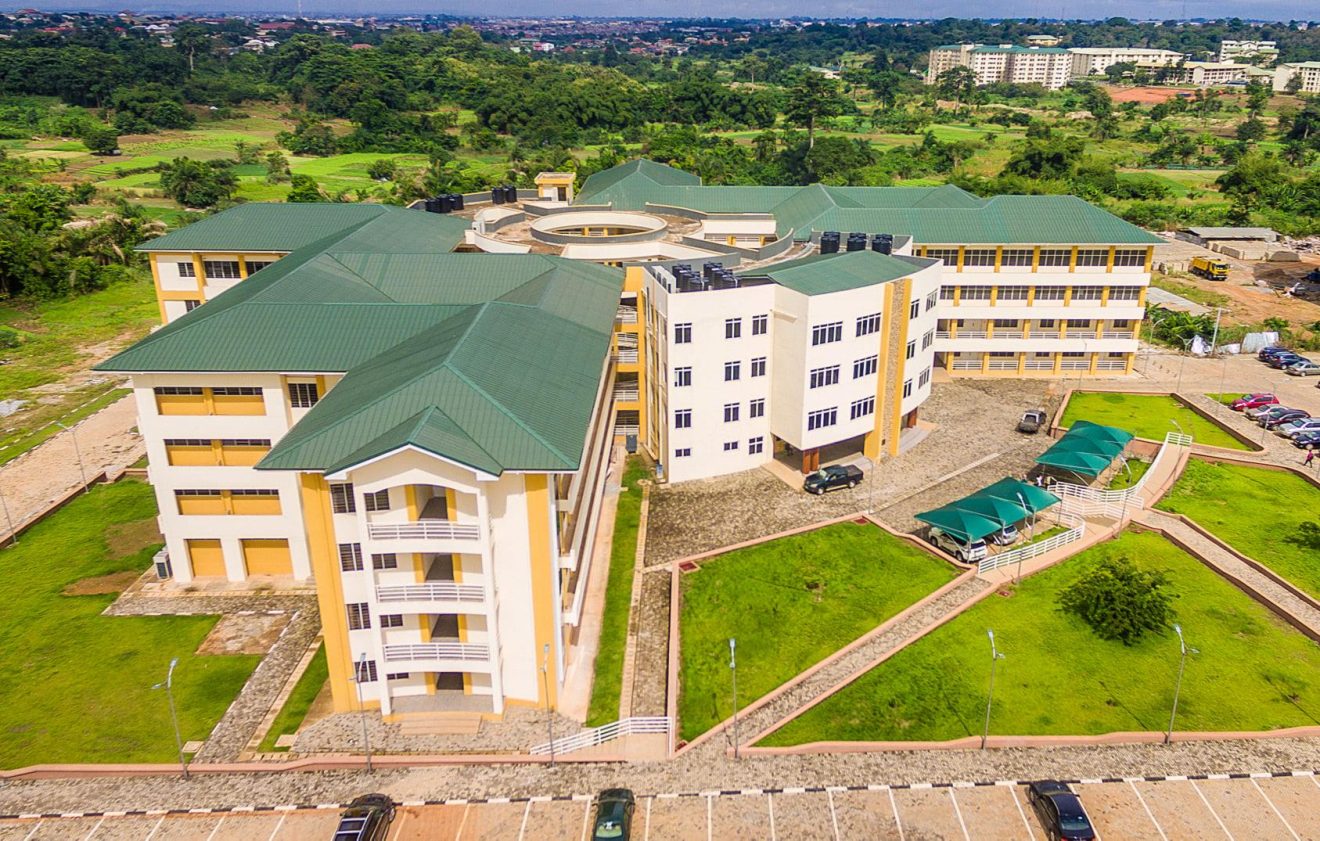

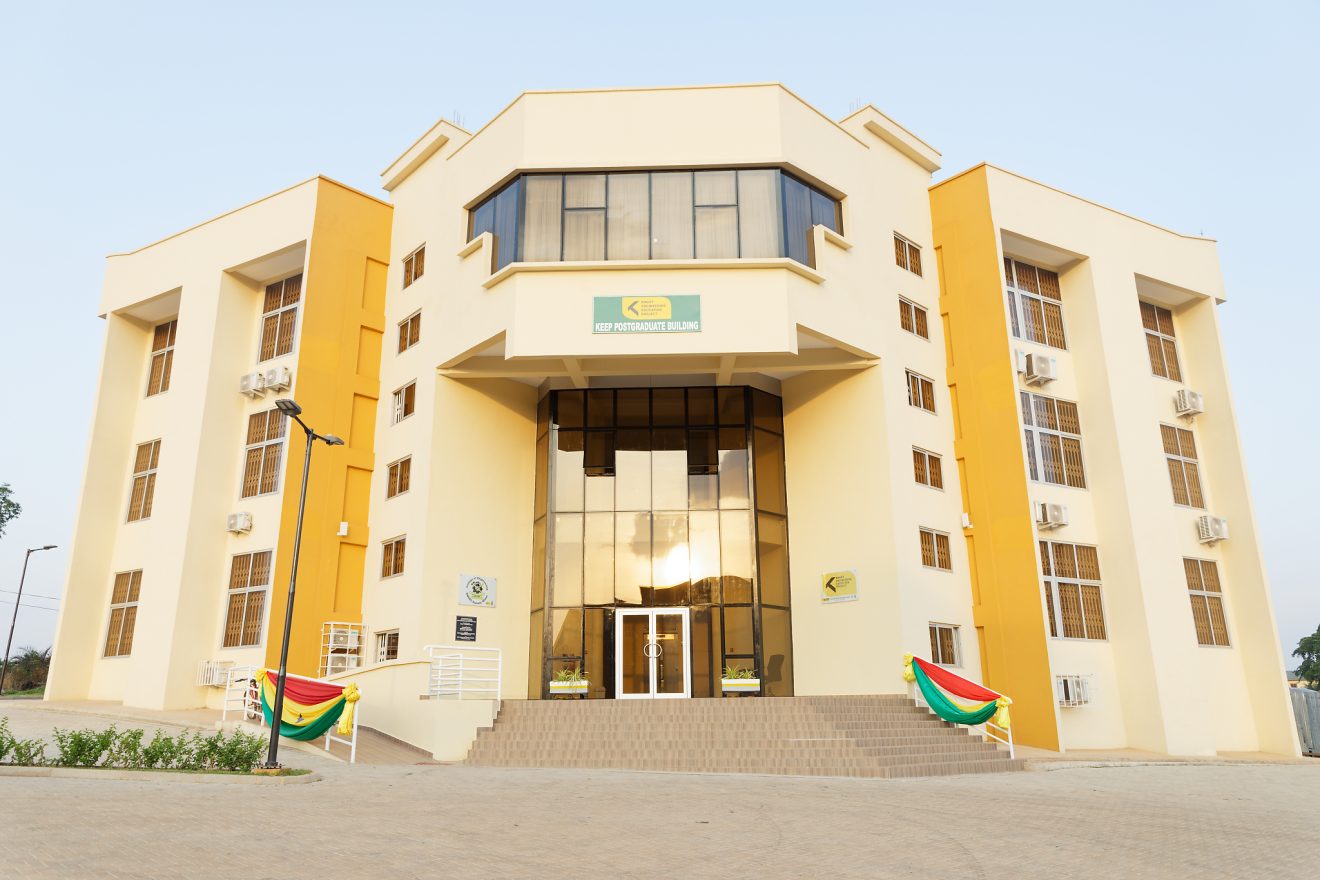
Learn about the Partner
Stay informed.
Our Scholars
Meet the Team
Programs
Skip scroller contentCorporate Health Entrepreneurship
Kwame Nkrumah University of Science and Technology, University of Toronto
Epidemiology for Entrepreneurs
Kwame Nkrumah University of Science and Technology, University of Toronto
Health Business Research Methods
Kwame Nkrumah University of Science and Technology, University of Toronto
Health Ecosystem
Kwame Nkrumah University of Science and Technology, University of Toronto
Health Innovation and New Venture Creation
Kwame Nkrumah University of Science and Technology, University of Toronto
Health Policy and Services Management
Kwame Nkrumah University of Science and Technology, University of Toronto
Health Services Marketing
Kwame Nkrumah University of Science and Technology, University of Toronto

Introduction to Community Emergency Care
Kwame Nkrumah University of Science and Technology, University of Toronto

Introduction to Emergency Preparedness and Response to Pandemics
Kwame Nkrumah University of Science and Technology, University of Toronto
Introduction to Healthcare Quality Improvement for Health Professionals
Kwame Nkrumah University of Science and Technology, University of Toronto
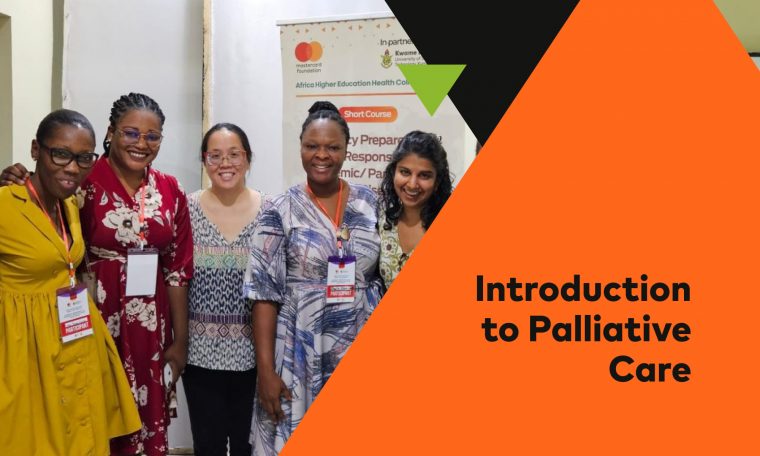
Introduction to Palliative Care
Kwame Nkrumah University of Science and Technology, University of Toronto

Introduction to Pre-Hospital Emergency Care
Kwame Nkrumah University of Science and Technology, University of Toronto

MSc in Health Entrepreneurship
Kwame Nkrumah University of Science and Technology, University of Toronto

Postgraduate Training Program in Health Entrepreneurship
Kwame Nkrumah University of Science and Technology, University of Toronto
Quantitative Analysis for Decision Making
Kwame Nkrumah University of Science and Technology, University of Toronto
Social Entrepreneurship
Kwame Nkrumah University of Science and Technology, University of Toronto
Strategic Management and Leadership in Health
Kwame Nkrumah University of Science and Technology, University of Toronto

Virtual Public-Private-Partner Universities (3PUs) Entrepreneurship Training
Kwame Nkrumah University of Science and Technology
Collaborative Research: Monitoring, Evaluation, Learning & Adaptation (MELA) @ Kwame Nkrumah University of Science and Technology
Kwame Nkrumah University of Science and Technology
Health Innovation Hub (H2i) @ KNUST
Health Innovation Hub (H2i), Kwame Nkrumah University of Science and Technology, University of Toronto
Leaders in Health: Global Nursing Program
Addis Ababa University, Kwame Nkrumah University of Science and Technology, University of Toronto
MPH/ MSc. in Non-Communicable Diseases (NCDs)
Kwame Nkrumah University of Science and Technology, University of Toronto
PhD in Field Epidemiology & Biostatistics
Kwame Nkrumah University of Science and Technology, University of Toronto
PhD in Non-Communicable Diseases
Kwame Nkrumah University of Science and Technology, University of Toronto
Train the Entrepreneur
Kwame Nkrumah University of Science and Technology, University of Toronto
Research & Innovation
Skip scroller content
Palliative Care Short Course Field Report
News & Events
Skip scroller content
Apply for KNUST’s CPD-Eligible Short Courses in Health Systems and Services Management
Applicants must meet the following requirements to qualify for the scholarship: Short Courses and Timelines 23rd – 27th February 2026: Emergency Preparedness and Response to Epidemic/Pandemic-Prone Diseases 10th – 14th February 2026: Community Emergency Care 24th – 27th February 2026: Palliative Care Module 1 23rd – 27th March 2026: Introduction to Healthcare Quality Improvement (IQI) […]
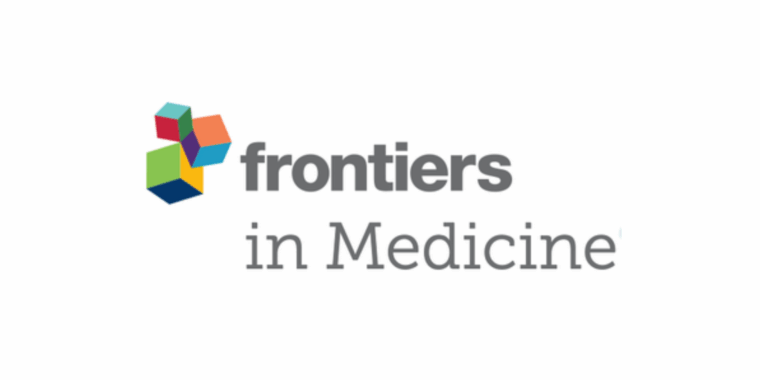
Call for Insights & Stories: Frontiers Opens Special Collection for AHC Partners
The Africa Health Collaborative (AHC) is pleased to share an exciting opportunity for all AHC institutional partners to share original research, reviews, case studies, policy briefs, perspectives, and reflective pieces in a new article collection titled “United in Partnership: Academic Collaborations for Primary Health Care Transformation” by Frontiers in Medicine. This special collection is being […]
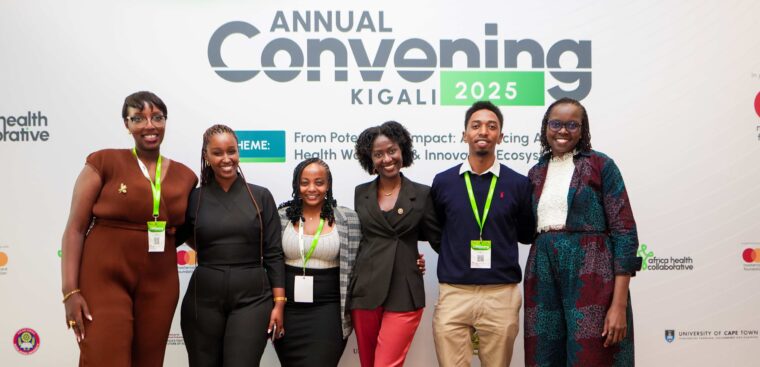
Africa Health Collaborative 2025: Driving Transformative Change in Primary Healthcare Future
Last October, over 170 policymakers, health experts, academics, and youth innovators from 14 countries came together for the Africa Health Collaborative’s (AHC) 2025 Annual Convening, hosted by the African Leadership University (ALU) in Kigali, Rwanda.

Engineering Dignity: Designing Low-Cost Prosthetics in the University of Cape Town’s MedTech Lab
Read about how Jemila Abdulai’s internship at UCT’s MedTech Lab strengthened her commitment to human-centered engineering, demonstrating how affordable innovations like the ADL Arm can expand access, restore dignity, and transform lives in underserved communities.

Graduate Scholarship Opportunities at the Kwame Nkrumah University of Science and Technology
Apply for graduate (MPh, MSc, MPhil, PhD) scholarships at the Kwame Nkrumah University of Science and Technology.
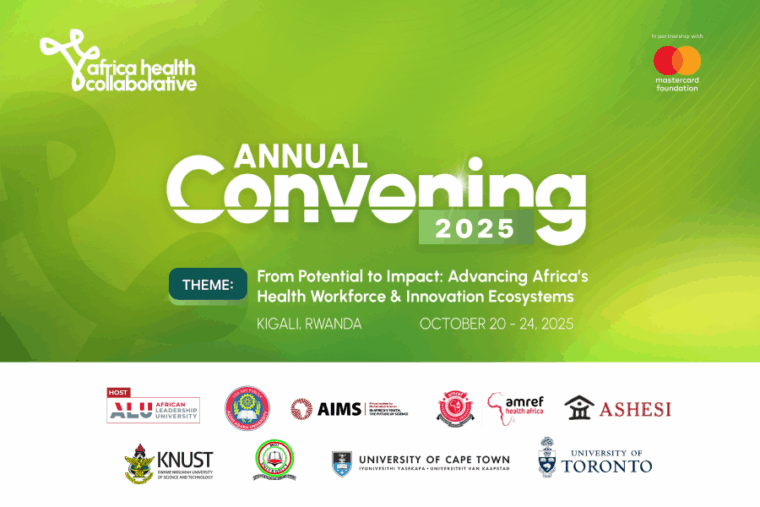
Africa Health Collaborative Convening to Spotlight Youth, African-Led Innovation, and Systems Change in Primary Health Care
The 2025 Convening will bring together leaders and innovators from government, academia, civil society, and the private sector to explore practical solutions for strengthening Africa’s primary health care systems through workforce development, entrepreneurship, institutional collaboration, and innovation.
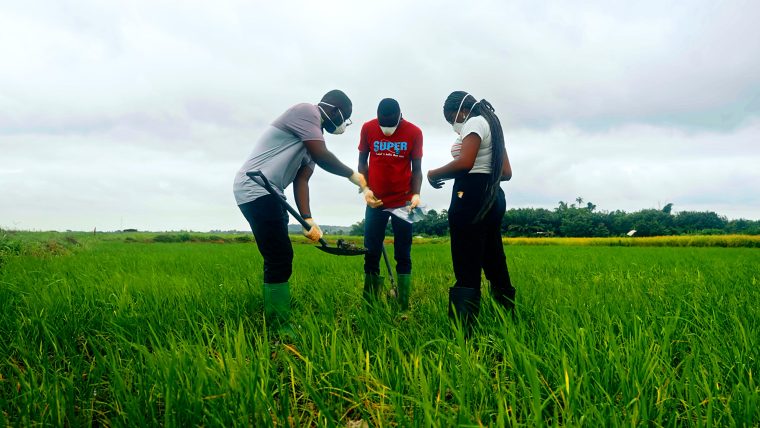
[Watch] Heavy Risk – An Environmental & Occupational Health Documentary
In Ghana’s Shama District, the rice fields of Whin Valley hold immense agricultural potential, providing food and livelihoods to the local community and beyond. But beneath this fertile land, a hidden story unfolds. Three Mastercard Foundation Scholars from the University of Toronto set out to explore how local farming practices and nearby #Galamsey (illegal mining) […]
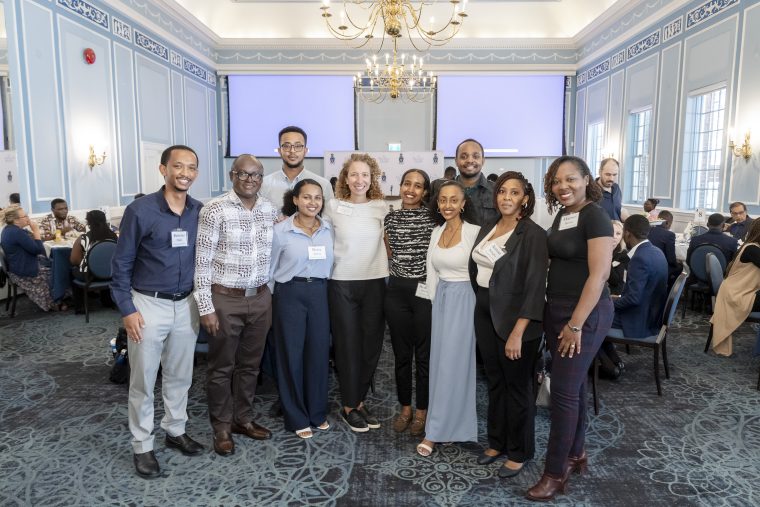
Apply for the Mastercard Foundation Doctor of Public Health Scholarship
How to Apply: Step OneProspective applicants must first consult the admission requirements for the Doctor of Public Health (DrPH) program of study. The link above will guide you in exploring this program.If you meet the academic requirements of this program, please follow through to step two. Step TwoReview the recording of the scholarship information session […]
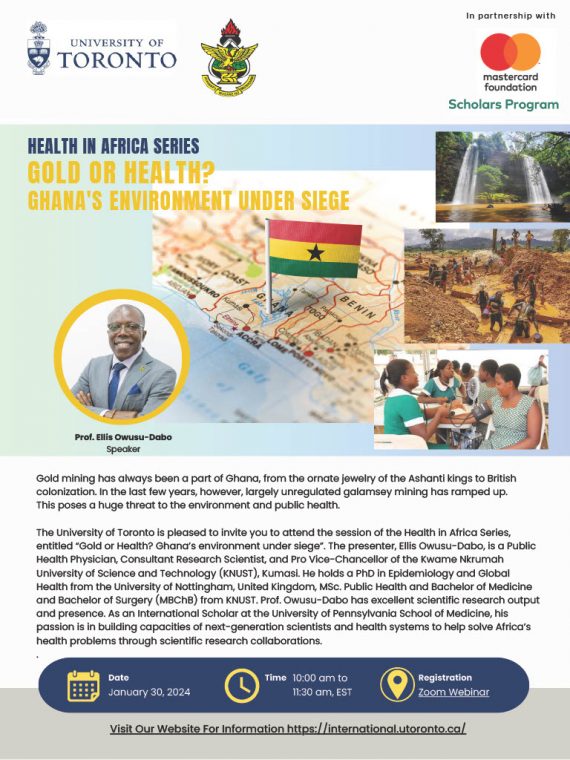
Health in Africa Series: Gold or Health? Ghana’s Environment Under Seige
The University of Toronto is pleased to invite you to attend the session of the Health in Africa Series, entitled “Gold or Health? Ghana’s environment under siege”, presented by Prof. Ellis Owusu-Dabo, a Public Health Physician, Consultant Research Scientist, and Pro Vice-Chancellor of the Kwame Nkrumah University of Science and Technology (KNUST), Kumasi.
